8 Cooking Tricks You Will Learn During Commercial Cookery Course
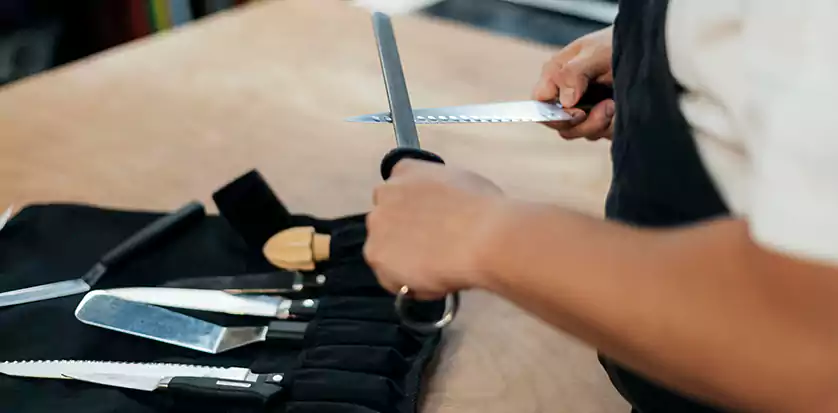
Are you a gourmet and have a good sense of flavor? Have you experimented in your kitchen for years and created a variety of brand-new, fascinating, and complex recipes? So why not pursue it professionally?
At home, cooking at your own pace is enjoyable. It’s even acceptable to put on an episode of your favorite sitcom and unwind as you wait for the timers to go off. Commercial cooking, in contrast, is all about scheduling and making the best use of your limited time. To take up cooking professionally, you need to pursue the Commercial Cookery Course that we will discuss in this blog. There are several cooking tricks you will learn during the Commercial Cookery Course. But, first, what is it exactly?
What do you mean by commercial cookery course?
Food is about its identity of flavors, and everyone loves it. Commercial cookery is the skill of cooking delicious food using advanced methods, secret spices, and a variety of ingredients. Commercial cookery is so vast that there is no end to learning it. This blog will discuss commercial cookery courses and some culinary tricks and tips.
According to Labour Market Insights, Australia’s various regions are experiencing a significant increase in demand for cooks. As per a prediction, Australia will have more than 92,300 chefs by 2026. In Australia, chefs can find employment in many sectors, including catering, hospitality, and the food industry. It has given comprehensive coverage to the industry.
Commercial cooking courses prepare budding cooks to build a network in the hospitality industry and thus fill the ever-growing industry gap. It also helps cooks to establish modern ways of cooking. These courses will help you make different recipes and dishes of the nation and some continental dishes. Commercial cookery courses also help you gain professional knowledge of hospitality, food nutrition, management, and finance, allowing one to start a cooking business. Lessons learned from Cooking Course will make you a professional cook because you know the nitty-gritty of cooking.
Enrolling in commercial cuisine can help you learn essential cooking and food preparation skills. It improves time management skills and enhances our leadership quality. Here are eight culinary tricks and tips you can learn and practice to make you experienced in commercial cookery.
Tips You Get to Know During Commercial Cookery Course
The below section will discuss some cooking tips and tricks you can learn during the Commercial cooking course.
Preparation of the ingredients in advance
Making food includes various processes. The first among the multiple cooking tips and tricks while learning the cooking course is to prepare ingredients in advance. Ingredients in the kitchen refer to spices, including varieties, sauces, slices of bread, chopped vegetables, dairy products, etc. Preparation of ingredients fastens the process, helps you organize the stuff, and helps in cooking.
Proper measurement of ingredients, arrangement of spices, and washed and chopped veggies in individual bowls are some key points to remember while cooking. Also, recipes should be viewed to check the necessary ingredients while cooking. The Commercial Cookery course will help you understand how to add and arrange the ingredients according to the recipe as this is the first stage in cooking.
Keep a good pair of knives

It is always good to have a pair of knives in the kitchen. Ensure that the knives should be sharp and durable. Chopping, cutting, and slicing become easier when one invests in a good pair of knives. The course will teach you about different pairs of knives and their uses. You’ll be surprised that more than 12 types of other knives are used in the kitchen. Ensure that you have a diverse variety of knives in the kitchen.
A commercial cookery course teaches you how to use different knives with ease. These cooking tips and tricks will help you find a good pair of knives. Some examples of the common pair of knife sets include Chef’s knife, Boning knife, Bread knife, Paring knife, Cleaver knife, Carving Knife, Utility knife, and Steak knife.
Stop looking after food frequently
Cooking is a slow and patient process. When people are in a hurry, they start looking after food simultaneously while cooking. Ensure you do not over-saute and over-stir the food, which can turn it brown and raw. It also causes the sticking of the vegetables, and food can turn extremely crispy, so it’s best to cook food with extra time. One should not poke or flip the food continuously. If you repeatedly scrap food with a spatula, the food cannot be adequately cooked. The food might turn brown but will be raw. So, ensure you cook food with utmost patience and follow the prescribed guidelines.
Use of proper oil

Healthy oils are the key to a healthy lifestyle. Oil plays a significant role in cooking, from sauteing to baking. You should upgrade your cooking by using your basic oil, that is, mustard oil, with the other healthy oils. Some better options for oil are extra virgin olive oil, canola oil, sunflower oil, peanut oil, and avocado oil, monounsaturated fat filled with antioxidants, which reduces cholesterol. You do not require all these oils for your everyday cooking. Some oils like avocado and sunflower oil are solely used for salad dressing. The cooking tips and tricks you will learn during the commercial cookery course will give you a broad view of cooking and in-depth knowledge of the same.
Use of proper cutting techniques

The most crucial step in culinary cookery is learning chopping techniques with a pair of knives. Hence, it is essential to learn culinary tricks and tips. Proper use of a knife is essential for the preparation process. There are different chopping skills:- Rock chop, pull chop, julienne chop, baton chop, cross chop, brunoise chop, etc. Smaller pieces not only become easier to cook but are softer and easier to eat. Ensure that you cut the vegetables while maintaining equal parts.
Maintain the heating temperature

Maintaining the temperature while cooking is a fundamental skill one should learn during culinary cooking. Food should be cooked thoroughly to kill any food poisoning bacteria that may be present in the raw food. The core temperature should reach 75°C or more for effective cooking. The food thermometer can check whether food is cooked evenly throughout. Ensure you use a gas stove’s medium to low temperature while cooking. One should know how to use the microwave. Set up the temperature of the microwave at appropriate levels. Food should not be cooked at high temperatures as it can burn the food and degrade its flavor quality.
Don’t congest the plans.
Preparation of food should be done according to the recipe provided. While cooking, you should have a good idea of what to cook and how to cook the dishes. You should not congest the pans while cooking. Also, one should never mix the recipe of 2-3 dishes because mixing can even worsen our dish. Every dish has certain specific spices and plans or ways of cooking.
Brown your nuts and spices
Adequately brown the nuts, spices, and seeds to ensure the variety of flavors added to the dish. The toasting of nuts and seeds releases the oil in the ingredients, which makes food fragrant. Thus, toasting spices should be done in a saute pan whose bottom is heavy because it prevents burning. Browning nuts and spices in hot oil take the dish to a new level. Salting helps make the dish cooked, and eatable and kills the rawness of the dish. Ensure that you bloom the nuts in oil for 10-15 minutes. Garnishing the dish is the last step after completing cooking. Garnishing should include nuts, coriander, and fruits. Thus, making the dish presentable and good-looking. Learning these culinary tricks and tips will advance your cooking craft.
Which are the best Cookery Courses?
A Chef’s job is one of the most sought-after professional paths due to the excellent pay and benefits. There are multiple institutes around the world providing the Commercial Cookery Course. Do you know which is the best among them?
One of Australia’s best education advisors, Commercial Cookery Courses in Perth, provides top-notch services to students seeking a stable career in the food business. You can enroll in a variety of cooking lessons in Perth whether you’re a student, a restaurant owner, or a newlywed couple who recently immigrated from another country. Perth is home to a variety of cooking classes. Some of them are Salt and Company, Ayarah Vegan Cooking School, Urban Provider, and much more!
However, to develop culinary talents and launch a long-lasting career, you must enroll in official training programs like those offered by Perth Culinary Schools. There are two certificates you might need to consider if you are willing to enroll for the same:
Certificate III Commercial Cookery– SIT30816
The Certificate III in Commercial Cookery Perth will address understanding menu costing, nutrition, first aid, hygiene, and other associated areas to help one become a trained chef. The course is offline, and the chefs will teach in person. The student’s progress will be evaluated through written exams, assignments, and other pertinent duties. The program also includes hands-on, real-world training to equip students with the skills needed to work in their field.
Certificate IV Commercial Cookery– SIT40516
Learn more advanced techniques for working in the hospitality business and gain the knowledge you need to mentor those under your leadership with Certificate IV in Commercial Cooking in Perth. Some of the lessons learned from the Cooking Course include abilities to supervise staff and make a variety of foods, including soups, salads, fish, cakes, pastries, and loaves of bread. Additionally, this advanced course equips students with other abilities as well.
The course is a fantastic employment opportunity to teach other topics like money management, organizing, and leadership. Lessons learned from the Cooking Course will also include hygiene and waste management.
Conclusion
Being a professional in cooking is a fulfilling career that inculcates a chef’s technical and commercial cooking skills. It sets the boundaries for the growth of hospitality industries and food culture. Learning culinary arts before stepping into a commercial kitchen is essential. You will discover many cooking tips and tricks during the commercial cooking course, such as preparing ingredients in advance, proper cutting techniques, and maintaining the heating temperature.
Certificate III enables practical training and provides an opportunity for candidates. Certificate IV fulfills the dream of starting a cafe or restaurant by teaching candidates the fundamentals of management and finance for running their businesses.
Many chefs are doing wonders in their professional careers and building their fortunes. Certificates in commercial cookery courses provide us with practical experience and classroom-based learning in culinary cookery. It helps one meet and expand the quality standards in working in a commercial kitchen upon successfully awarding Certificates III and IV. Thus, taking up cooking as a career is now a good option for success. Culinary cookery connects people globally. Food today is that connection, ensuring a marriage of cultures.
Recent Post
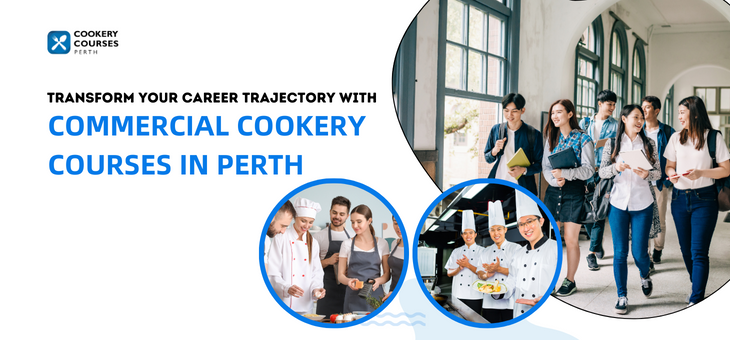
Transform Your Career Trajectory With Commercial C
Apr 04, 2024

Interesting Facts About Commercial Cookery Courses
Mar 04, 2024
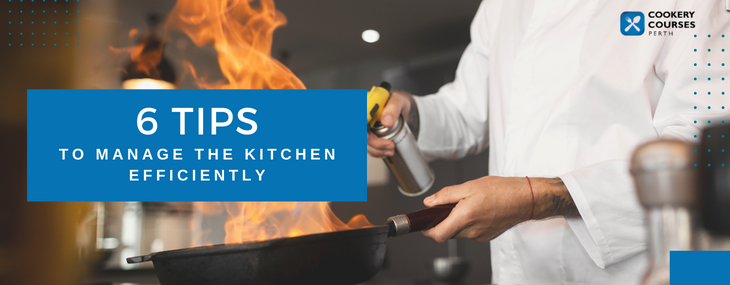
6 Tips to Manage the Restaurant Kitchen Efficientl
Feb 06, 2024

Top Soft Skills Seeks In 2024 By Employers
Jan 15, 2024
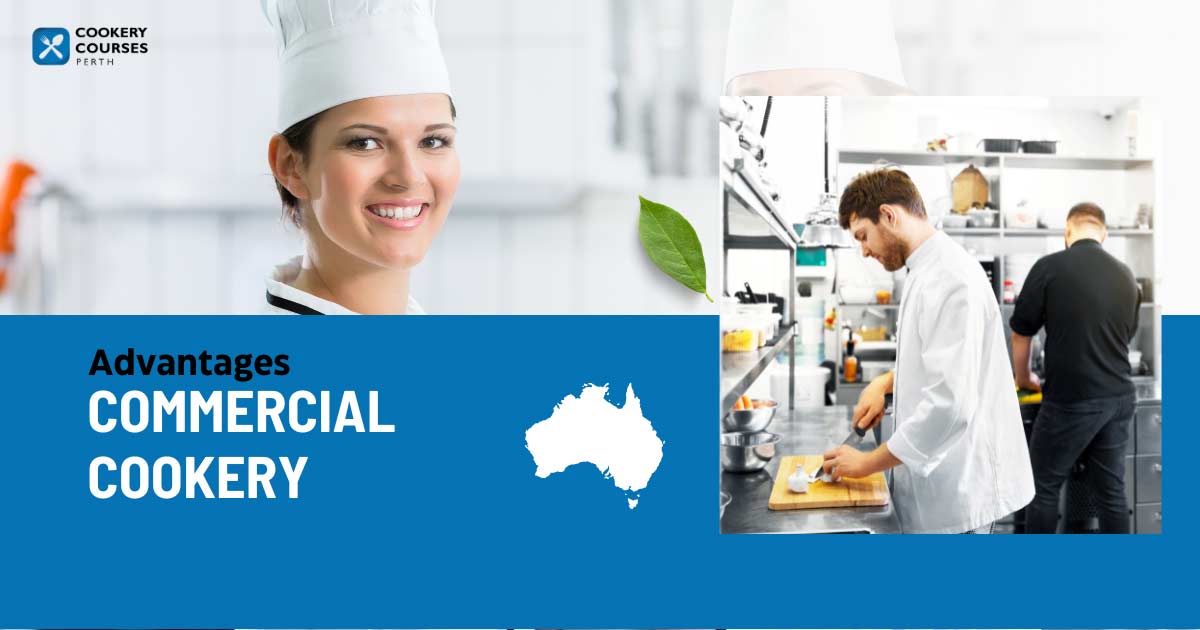
Advantages of a Commercial Cookery Certification
Dec 12, 2023
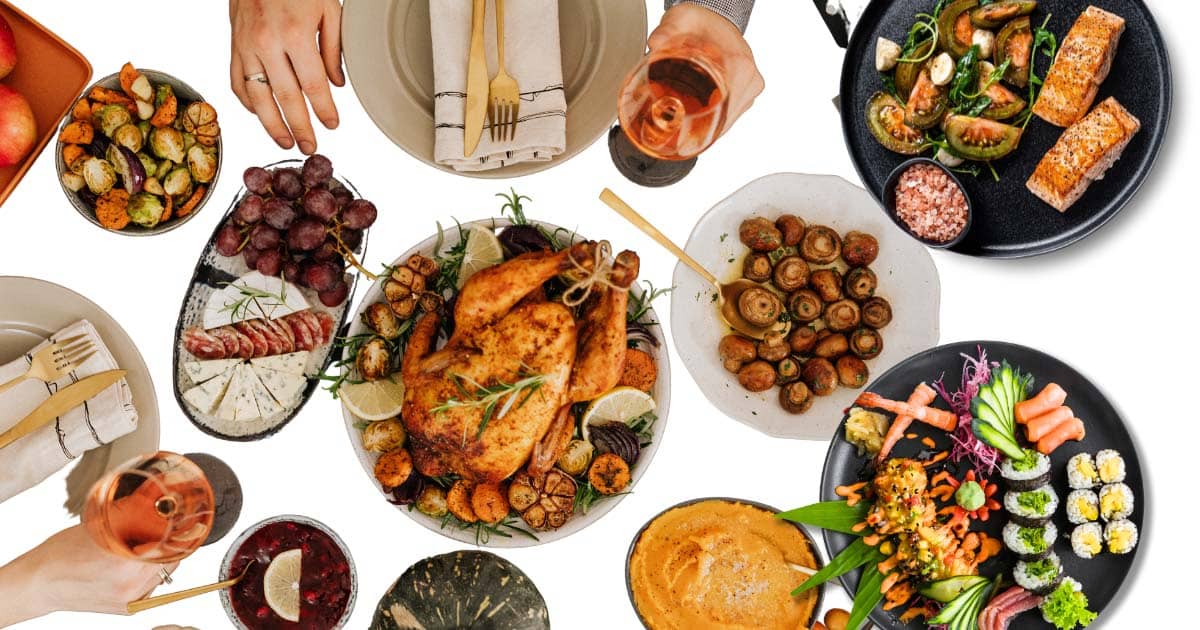
Nov 21, 2023
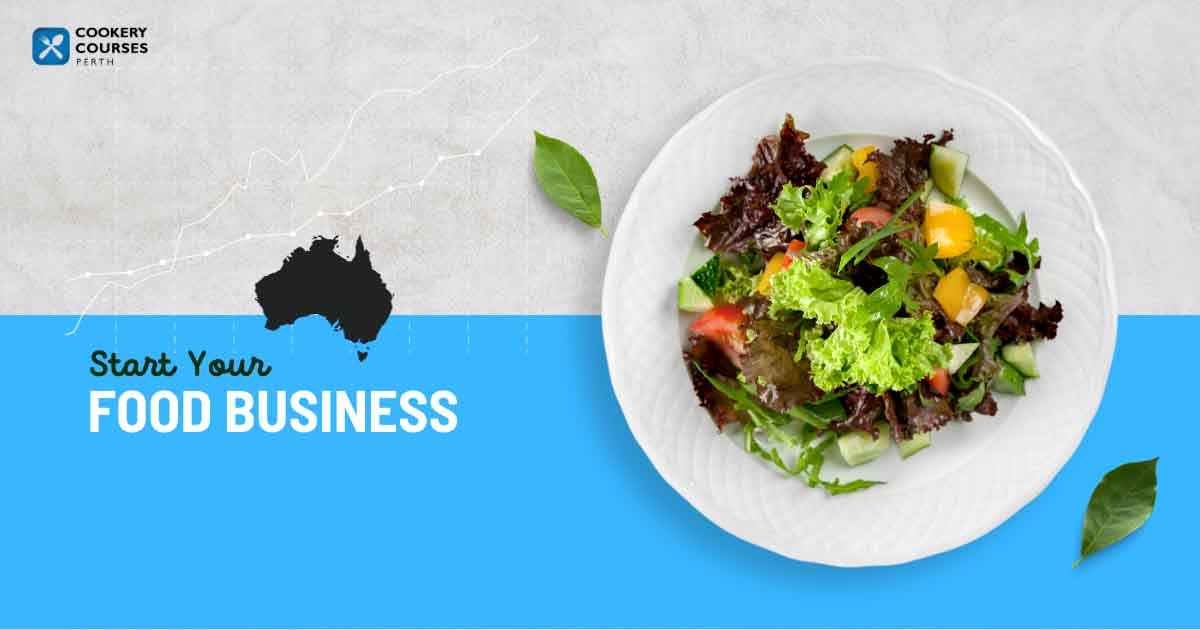
Transform Your Passion for Baking into a Flourishi
Nov 17, 2023
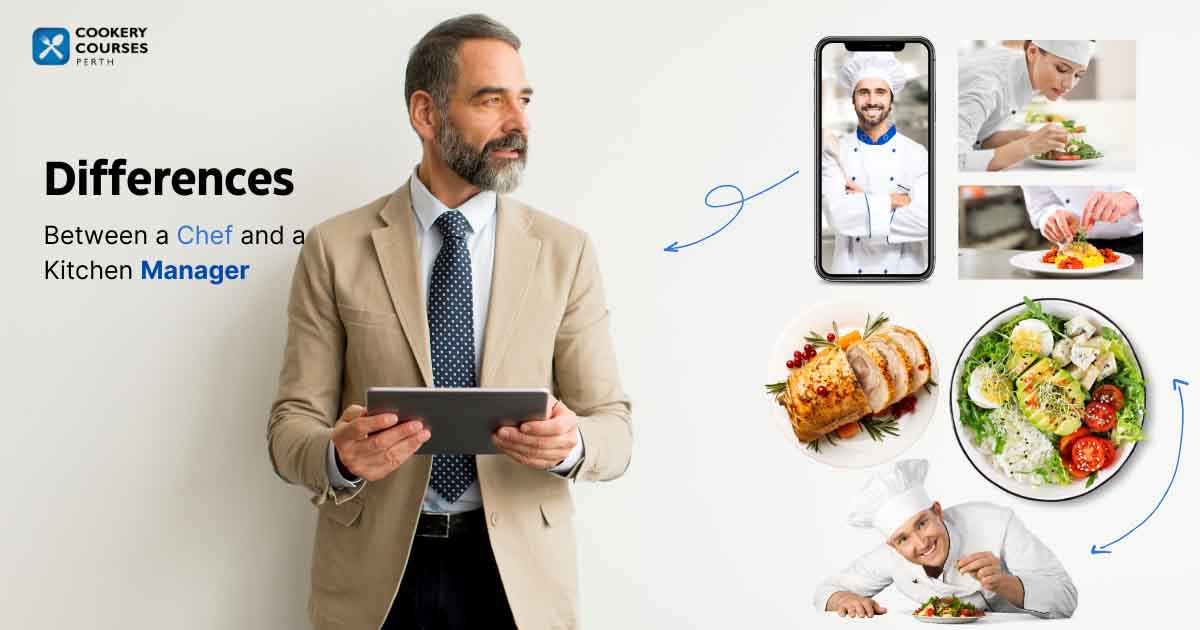
Distinguishing the Roles: Chef vs. Kitchen Manager
Sep 18, 2023

Starting a Food Business in Australia – Hire
Sep 04, 2023
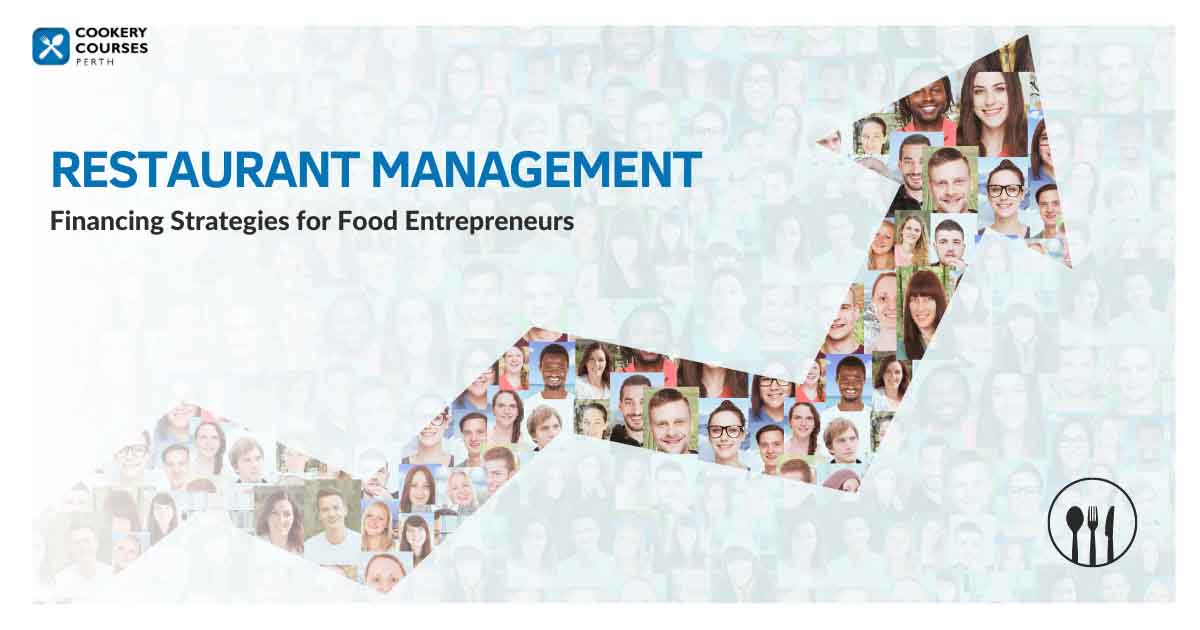
Financing Strategies for Food Entrepreneurs : Navi
Aug 22, 2023
CONTACT US
We are always happy to help out whatever way we can
